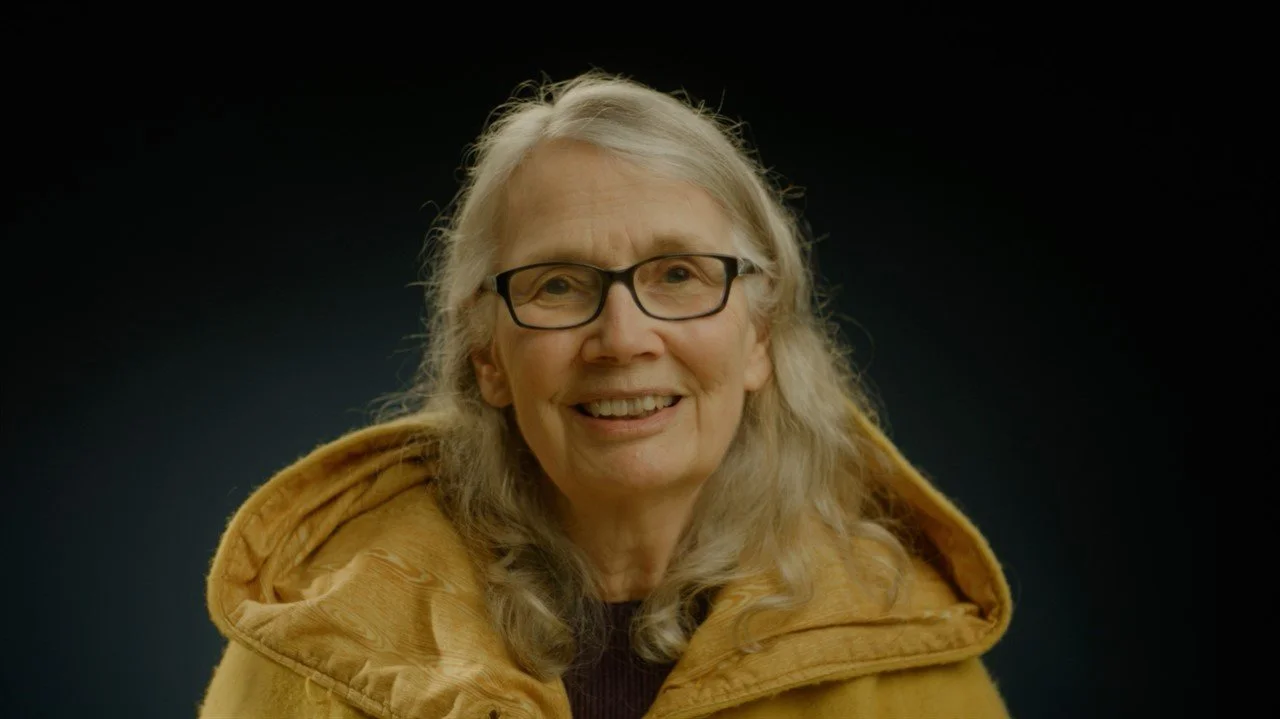Film reviews: documentary Ascension gives glimpses into working life in contemporary China, at KDocsFF
In the Rumbling Belly of Motherland and Jean Swanson: We Need a New Map are among the festival’s other highlights
Ascension.
KDocsFF 2022: Seeking Truth. Waging Change runs online from February 18 to 27.
Ascension
Keynote speaker: Jessica Kingdon, Ascension director
In watching rising filmmaker Jessica Kingdon’s Ascension, you can’t help but wonder: how on Earth did she get access to so many workplaces and companies in China?
A cryptocurrency mine somewhere in Hongya, the International Butler Academy in Chengdu, the Genghis Security Academy Jingjin New City, an industrial mine three hours north of Baotou, a Christmas-tree factory in Yiwu, the Shanghai Global Etiquette School: these are just some of film’s 50-plus locations. Without any narrative, voiceover, or central characters, the observational documentary is shot in the style of Koyaanisqatsi, giving viewers glimpses into everyday life in modern China.
It centres on work and the pursuit of wealth, from the rhythms and rigours of factory lines to the million-dollar aspirations of the middle class to influencers blabbing into their video cameras to employees readying luxury-hotel rooms for the ultra-rich.
The occasional dialogue includes these words from one mass-production worker to another: “Work faster! No more chit chat!” Although it’s disheartening to watch snippets like that of a woman with a blank expression on her face press a handle down over and over and over and over again to make some kind of ring, her movements are almost entrancing.
Even as some labourers talk about the need to bribe their boss or call in sick but will only take a single hour off, the film casts no judgment on exploitive labour. There are no cries of injustice, no conclusions drawn or calls to action issued; it’s as if Kingdon is saying “it is what it is”.
So many of Kingdon’s shots are pure art: around the base of a white table on a forest-green floor we see only three feet (one in a white-and-pink runner, another in feathery black slipper, and one in a shoe covered in faux gold studs) pressing down on pedals that run some kind of hissing machine. At a waterpark, pink and yellow inner tubes bobbing around in a jet current, shot from high above, evoke a kaleidoscope of moving colour.
Other vignettes are more eye-opening. Take the production of sex dolls. Women wearing aprons and lemon-yellow T-shirts use Number 3 Pink to hand-paint areolas as others wield what look like basters full of hot silicone, little personal-safety gear in sight.
Set to composer Dan Deacon’s harmoniously haunting score, Ascension—which is nominated for best documentary at this year’s Oscars and won best documentary feature at the 2021 Tribeca Film Festival—is a fascinating, unsettling film you could watch more than once. Chances are you won’t complain about your day job again. GJ
In the Rumbling Belly of Motherland.
In the Rumbling Belly of Motherland
Keynote speaker: Brishkay Ahmed, In the Rumbling Belly of Motherland director
In the Rumbling Belly of Motherland captures the extraordinary efforts, tenacity, and courage of the reporters at Kabul’s Zan TV, the first TV channel in Afghanistan run by women. Zan TV journalist Brishkay Ahmed, the film’s writer-director, shot the documentary over the course of two years, tracking two sets of national elections as well as ongoing U.S.-Taliban peace talks during the lead-up to the American withdrawal of troops from the nation.
The feature documentary is a gripping and deeply troubling look at the brutal realities facing female journalists, like being denied access to key people or scenes for interviews or filming, the on-the-job risk of being out in the field without a bullet-proof vest, the constant fear of bomb and suicide attacks, and the pounding headaches that come with hearing so many blasts. Their families worry about them terribly as they go about their work, best summed up by one of the reporters, who, while heading out to capture footage, says: “This is my duty. When I left home this morning, I asked my parents for forgiveness. Just in case something happens. In Afghanistan, death can arrive any time. This morning I kissed my parents hands, asked forgiveness, and left for work. I’ve accepted this work. I’m prepared for all outcomes.”
The team’s goal for their audiences is to clarify and verify information; they act with integrity and professionalism. There’s footage of what streets look like after an explosion, bloodied scraps of clothing on the ground, and a gutting interview with a family who lost their mom to a suicide bomber while she was registering to vote, leaving young kids behind. Throughout the film, the journalists talk about women’s rights, the role women could play in peace talks, and hope for the future.
The film wrapped pre-COVID—and before the hostile and swift Taliban takeover. With the country’s current humanitarian crisis and state of terror, women’s voices and independent journalism have never been more in peril or, as In the Rumbling Belly of Motherland reminds, more important. GJ
Jean Swanson: We Need a New Map.
Jean Swanson: We Need a New Map
Part of the special presentation on February 26 at 7 pm, with Jean Swanson in attendance, paired with Alice Street and featuring Alice Street director Spencer Wilkinson as keynote speaker.
In Teresa Alfed's cheeky but loving new short documentary, one millennial activist calls the titular anti-poverty advocate and Vancouver city councillor “the grandma of the movement”. And Alfed does a great job showing how the septuagenarian has not only inspired a new generation of rabble-rousers, but was a woman far before her time—a fact underlined by a soundtrack with local rockers like Pack A.D. and Bif Naked.
Long before young Vancouverites gave up all hope of ever being able to afford a home here, Swanson was staging protests about the high costs of rent and real estate. As she points out in interview segments here, everything she predicted would happen actually did: “The city would be given over to developers.” (No one listened, of course.) As the film shows in archival footage and photos, she was advocating for the Downtown Eastside decades ago, working alongside trailblazers Bruce Eriksen and Libby Davies. Her tactics to fight for social justice—placards, bullhorns, peaceful blockades—really resonate at this moment, when “civil disobedience” is being co-opted by certain forces in Ottawa.
But far from an earnest tribute, the film portrait lets Swanson poke fun at herself, too. We watch exasperated city councillors asking her to stick to business. We witness her calmly get arrested for protesting the Transmountain Pipeline—right after receiving the Order of Canada. And in the film's fun opening moments, over the voice-over of a police officer informing her of her breach of an injunction, we see her happily knitting. The scene captures her persona perfectly: laid-back “grandma” and lifelong badass. JS
.

















